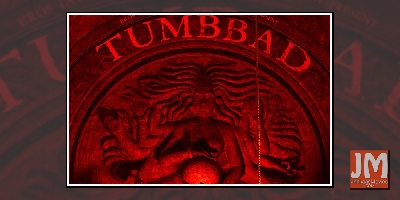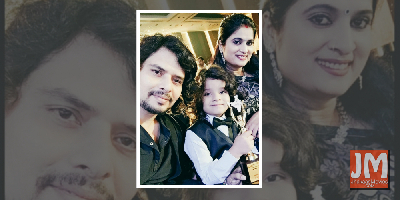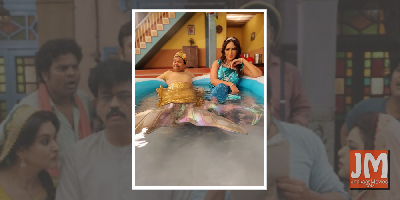 Aan Tiwari honoured with Best Child Actor award for Baal Shiv
Aan Tiwari honoured with Best Child Actor award for Baal Shiv Ghategi rahasymayi ghatnaye!
Ghategi rahasymayi ghatnaye! Amazon Prime Video unveils the 2021 Festive Line-up; brings a heady mix of Indian and International titles on the service
Amazon Prime Video unveils the 2021 Festive Line-up; brings a heady mix of Indian and International titles on the service Release: Music video of, Yeh Haalaath, from Mumbai Diaries 26-11
Release: Music video of, Yeh Haalaath, from Mumbai Diaries 26-11 Bhumi Pednekar feels she shares feel-good value with Akshay Kumar on screen
Bhumi Pednekar feels she shares feel-good value with Akshay Kumar on screen
Tumbbad Movie Review: A Visual Treat For Viewers, Revolves Around Greed And Gold
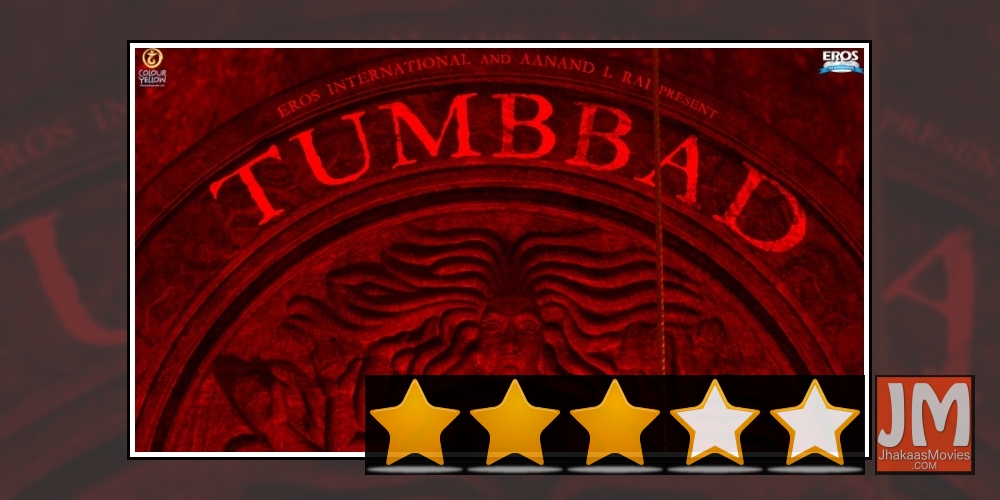
An ancient myth. A hideous demon. Hidden treasure. Human greed. This potent mix is stirred and ground in Tumbbad, and the result is a highly unusual, visually stunning, richly atmospheric concoction of genres and themes: horror, fantasy, social, period.
The film, which has an imprint of a short story by folklorist Narayan Dharap, opens in the early 1900s, and goes on till just past Independence. Tumbbad, a village in Maharashtra, is home to a young widow ( Malshe) with two sons. She takes care of an old man, a mysterious older woman who needs chaining, and a precious metal object. A tragedy forces the family to leave the village and re-locate to Poona, but the older boy never forgets the stories he has heard, and keeps returning to his eternally doomed village, in search of the treasure.
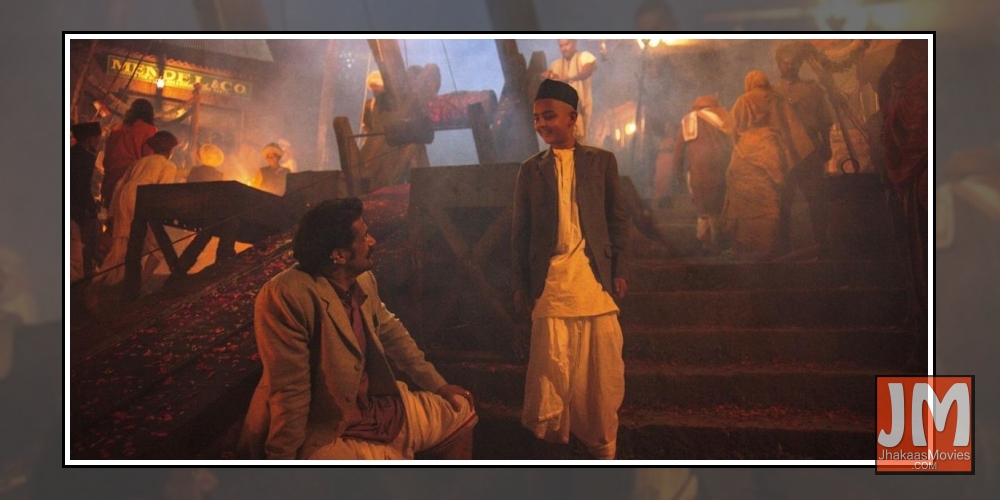
Directed by Rahi Anil Barve and shot by the incredible Pankaj Kumar, Tumbbad is a visually startling film that seeks to surprise instead of scare. It plays out like a Panchatantra tale narrated by a drunk and inappropriate uncle, a story that has a very simple moral core — this one is about golden eggs and golden geese — but has bits that get under the skin. This is not a horror movie, nor does it create a particularly substantial myth, but the little gothic details are delicious.
The narrative unassuming, has been beautifully woven for celluloid. The film is intriguing, sometimes even absurd, but you’ll glide through its 104-minute duration. Tumbbad’s biggest success is that it doesn’t confine to any popular genre. It offers something new and that’s enough. Clearly, debutant director Barve has a distinct voice. Tumbbad is a gorgeous looking, intriguing morality tale which both entrances and repulses

